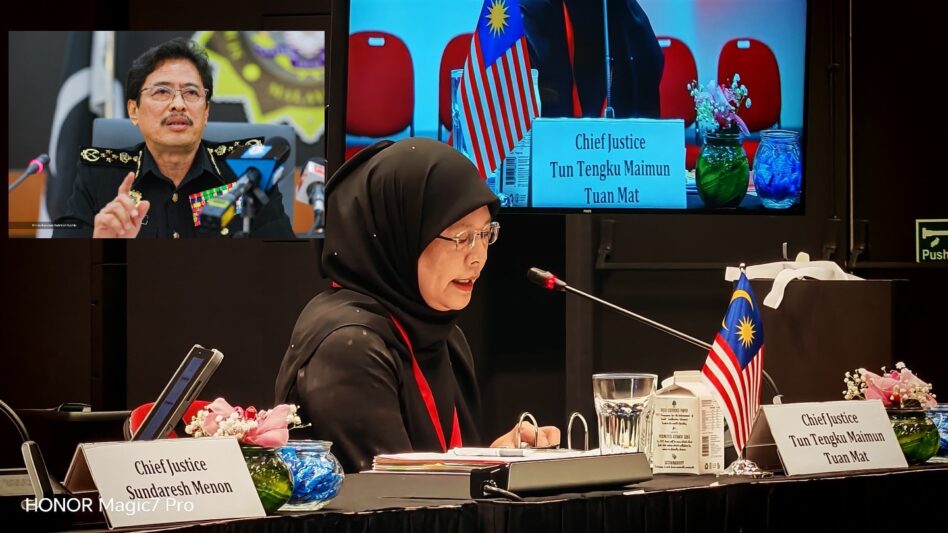THE term “Orang Asli” literally refers to the “original” inhabitants of the land.
They consist of three main communities namely Negrito, Senoi and Proto Malay which are further classified into eighteen distinct sub-communities.
Despite their differences, they have something in common which is their customary lands.
The Orang Asli, like other indigenous people, view customary land as a fundamental factor in their life.
The profound relationship that the Orang Asli have to their land is no longer a domestic issue but has become the subject of international concern.
Thus, there is a need to understand the notion of customary land in the light of Orang Asli perspective.
This is pivotal especially in the case of policy makers to formulate land policy for the Orang Asli advancement.
In a similar vein, United Nations resident coordinator for Malaysia Kamal Malhotra advised that policymakers should have knowledge about indigenous communities so that they could come up with more inclusive laws.
Recently, indigenous Orang Asli people who live in two villages in Kelantan are suing the Government of the northern Malaysian state for allegedly allowing firms to run mining, logging and plantation operations on what they say are their ancestral lands.
The villagers want the court to declare that they hold customary or ancestral rights to the land.
According to Ronald Dworkin’s theory of law, rights are like trumps, a more powerful card than any other suit.
For Dworkin, it starts from the idea that everyone should be put in a position to ensure that their lives are not wasted.
Dworkin believes that rights are trumps in a strong sense and that can only be said for certain fundamental and individual rights against the Government and not for social and collective interests.
In other words, once a specific priority in favour of a right is established and the Government declares it fundamental, society should bear the costs involved collectively.
As such, per Dworkin’s theory of law, the only liberty we should not be deprived of by the Government is the one that is essential to our dignity.
If individuals are deprived of a single individual right, they are seriously wronged.
Thus, indigenous people should not have to struggle for their land rights and in fact, have the rights to bring about positive change to policies and laws relating to such rights.
As such, the government policy relating to Orang Asli should comply with the standard set out in the UNDRIP.
Therefore, it is timely for the Malaysian government to keep the promise to upgrade the Orang Asli standard of living to be at par with other communities by considering their dignity, liberty and rights. – Jan 4, 2022
Visalini A/P Sivaji is a third-year law student at Universiti Kebangsaan Malaysia (UKM) and Dr Shahrul Mizan Ismail is an Associate Professor of Law at the Faculty of Law at the same university.
The views expressed are solely of the author and do not necessarily reflect those of Focus Malaysia.









